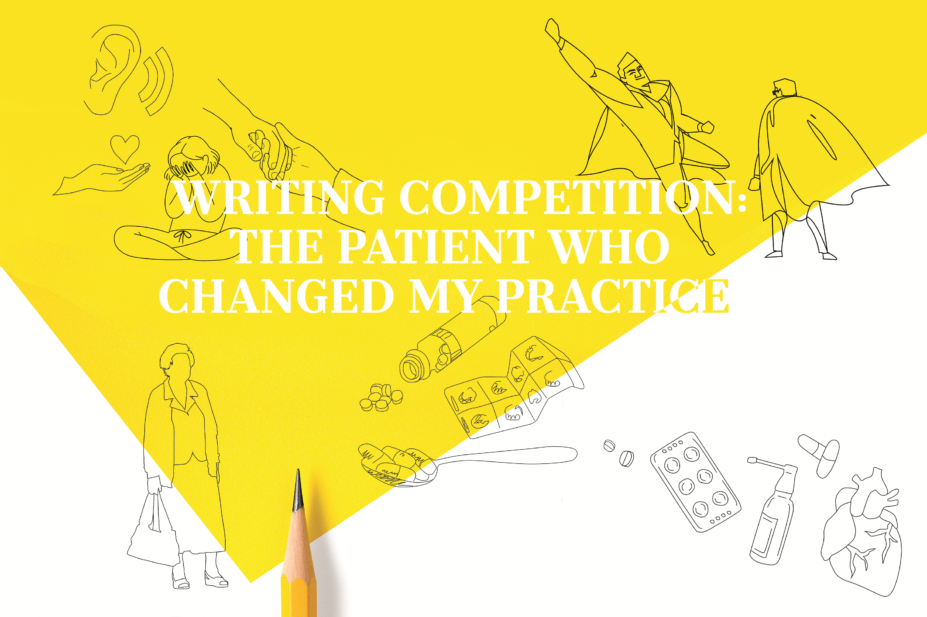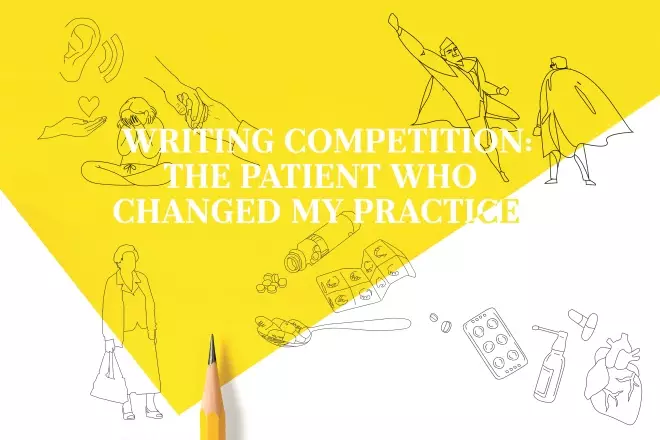
JL / The Pharmaceutical Journal

Source: JL / The Pharmaceutical Journal
Well… Was it Matthew, who was repeatedly woken from his coma and repeatedly resedated because he exhibited uncontrollable agitation that just would not clear? It was his experience, and that of many others, that woke me up to delirium and has shaped much of my work.
Maybe it was John, in whom I first applied a delirium screening instrument. It flagged up positive, but the wider ICU team were sceptical because he was clearly reading the newspaper and wasn’t agitated. When he came off the ventilator and so could speak, he was rambling and incomprehensible. There was absolutely no denying it. This woke the whole critical care unit up to the need for delirium screening and we now do it routinely.
What about Mick, the young man whose delirium just did not clear? It slowly dawned on us all, that this was how he was going to be — a new and reduced cognitive level. His young family were distraught. It doesn’t always go the way you want it to. I keep this in mind at all times now.
Maybe it was Donna, whose inflamed lungs consigned her to a ventilator on ICU while she awaited a lung transplant. It turned out she really liked Formula 1. So I persuaded Mercedes-Petronas to arrange a get well card to be sent to her from her hero Michael Schumacher. Surprising patients really does make them feel better.
Then there’s Rebecca, a patient who recounted her delirium experience from a podium at a conference, reducing me and hundreds of other delegates to tears. I use her transcript in delirium teaching, along with the accounts of others. Duration of ventilation, length of stay, mortality are, of course, important, and easy to measure. But it is the patient experience that lives with them long after they leave our care, and we rarely measure this.
Perhaps it was Tim, a surgical patient who had toured various hospitals, wards and ICUs before landing on mine. He was about to have pacing wires inserted for unexplained bradycardia. The plan was abandoned when I realised what it was — digoxin accumulation. The patient story, with drug history as part of it, is really, really important — take the time to know it.
And then there was Polly, the young mum whom I cradled in the oil, glass and shattered remains of her car on a rural road in winter. She died while I held her, just as the emergency services arrived. Touch, voice, kindness. Potent tools to make a difference that you carry with you everywhere.
Every patient changes your practice. Every patient interaction sparks new questions, reinforces something, forces a re-evaluation of what you think you know, changes your behaviour, reveals weaknesses that need addressing and strengths you did not know you possess.
Over the years, it has always been the patient who changed my practice.

Mark Borthwick, consultant pharmacist in critical care, Oxford University Hospitals NHS Foundation Trust
Mark’s piece received a special mention in our 2019 writing competition ‘The Patient Who Changed My Practice’. Read more entries here.
You may also be interested in
The importance of diverse clinical imagery within health education

Government should consider ways to prevent ‘inappropriate overseas prescribing’ of hormone drugs, review recommends

